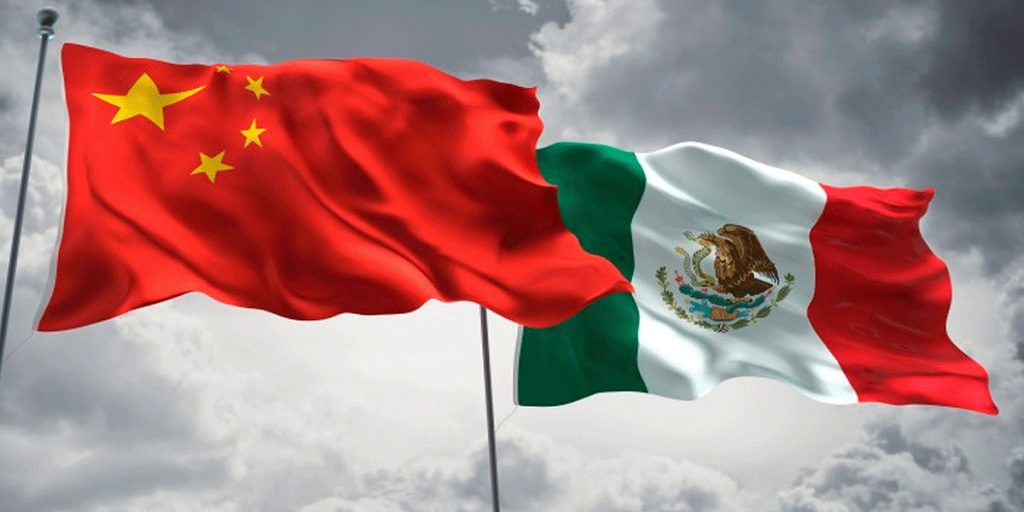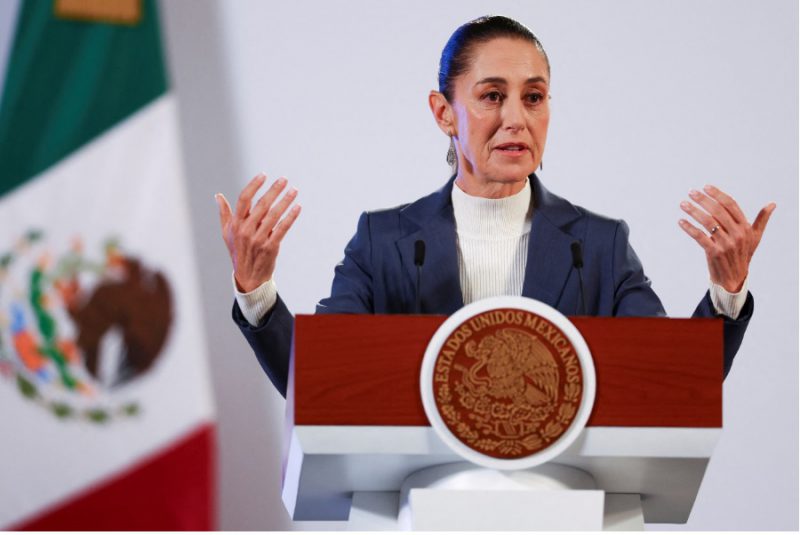Mexico is planning to raise tariffs on China starting in 2026 to protect the country from cheap Chinese imports. The 2026 budget proposal is scheduled for next month, where the government could unveil a series of protectionary measures. According to a tariffs report from Bloomberg, Chinese cars, textiles, and goods involving all forms of plastics could see increased tariffs.
Businesses in Mexico have long complained about cheap Chinese imports eating a bigger share of the market’s revenue. Domestic manufacturers of the same product are finding it hard to maintain a hold against the cheap Chinese counterparts. The upcoming tariffs and budget proposal aim to shelter Mexico’s manufacturers from cheaper goods coming from China.
Also Read: $20 Billion Oil Deals Paid in Chinese Yuan, US Dollar Left Out
However, three people close to the development said that the tariff rates on each sector are yet to be finalized. The draft revenue from President Claudia Sheinbaum’s administration will be sent to Congress for approval in September. While Sheinbaum’s party holds a two-thirds majority in the House, the budget proposal will most likely go through. Mexico is taking defensive measures to help small and medium-scale enterprises (SMEs) by increasing tariffs on China.
Mexico Following Trump’s Tariffs on China?


US President Donald Trump has long called for Mexico to raise tariffs on China to limit the Communist country’s growth. Several Mexican lawmakers sided with Trump, calling for Sheinbaum’s administration to take precautionary measures. They pointed out that the country’s textile and shoe production factories have deteriorated after the entry of Chinese goods.
Also Read: Should You Reduce Dollar Exposure? UBS Warns on Weak USD
However, the Xi Jinping administration will not take tariffs on China lightly and could retaliate against Mexico’s decisions. Beijing would make all efforts to push its products through and find a way to penalize Mexico for the move. The trade wars have heated up after Trump took over the White House in January, with every country looking to safeguard its respective economy.





